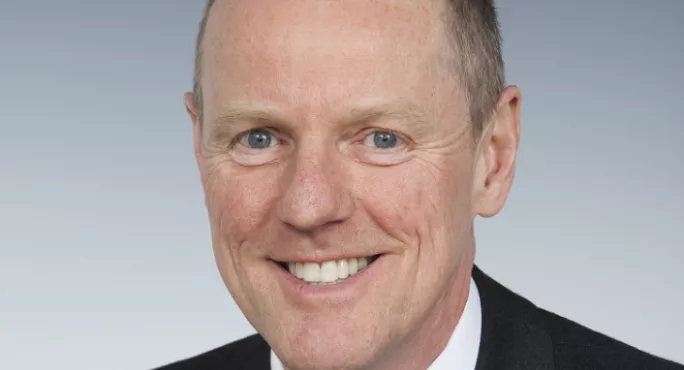Schools minister Nick Gibb has said individual schools will not lose funding “as a direct consequence” of a change in the pupil premium calculation date, and that schools claiming they are losing out may not have calculated the impact of the change correctly.
In a discussion about Covid recovery funding at a meeting of the Commons Education Select Committee this morning, committee chair Robert Halfon raised concerns about just 44 per cent of pupils accessing National Tutoring Programme support being eligible for the pupil premium in February.
Disadvantage: Food parcels row shows how teachers ‘pick up pieces’
Covid catch-up funding: Be ‘honest’ over where catch-up cash is from, DfE told
Background: Vouchers for free school meals pupils backed by the DfE
Committee member Fleur Anderson, Labour MP for Putney, asked whether the 44 per cent only applied to those who were eligible before 1 October 2020 - the calculation date was changed from January 2021 to October 2020.
Fears over impact of pupil premium funding change
Mr Halfon said: “I think the simple question is, given the way you’re changing the census date on the pupil premium, will any schools lose out because of it?”
Mr Gibb said: “Not as a direct consequence of the change - whether a school gets more or less pupil premium will depend on its own circumstances, but if you take a typical school, an average school, they will see their pupil premium increase from last year to this year - we don’t know the actual consequence of moving to October 2020 from January 2021 because those figures haven’t been calculated yet.”
Mr Halfon said individual schools had contacted the committee to say they were losing funding as a result of the change.
“They won’t know because we haven’t published the figures yet - all these numbers that are bandied about are much larger than the figures I would recognise,” Mr Gibb said.
”[Schools] will not have done the matching process of ensuring that the new eligibility for free school meals - if they’ve ever been eligible for free school meals in the last six years, they will already be receiving pupil premium funding for that school.”
In response to Ms Anderson’s question, Mr Gibb said the question about the census date change was a “technical issue”, prompting an interjection of “it’s not!” from committee member and Labour MP Ian Mearns.
“We moved the census from January 2021 to October 2020 but when you calculate the eligibility for pupil premium, it is any pupil who’s been eligible for free school meals in the last six years, so it’s not a simple matter of counting the new additions to pupil premium,” Mr Gibb said.
“Because you have also got to check whether that pupil had ever been eligible for free school meals in the last six years.
“If they had then the school would already be receiving pupil premium funding for that pupil.
“The other thing to bear in mind is that we’ve also changed the census date for FSM 6 in the last six years, for the national funding formula, and we’ve moved that forward from January 2020 to October 2020, so that, given that there has been an increase in unemployment between those two dates, that will act to increase the amounts of children who are eligible for pupil premium for the national funding formula.”




